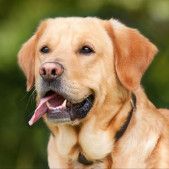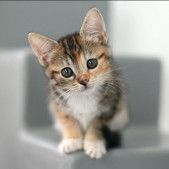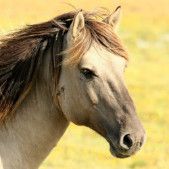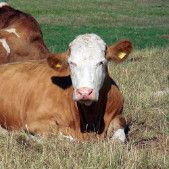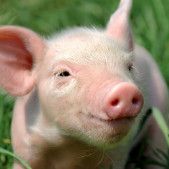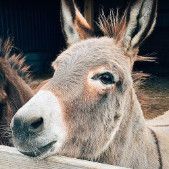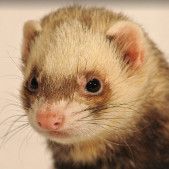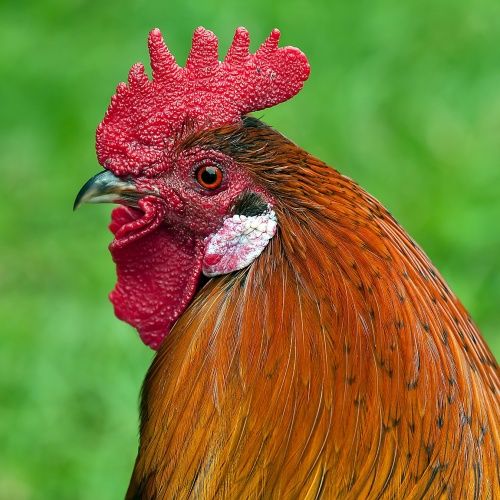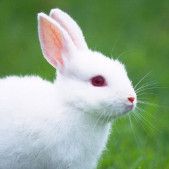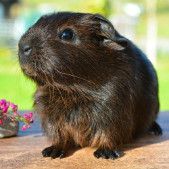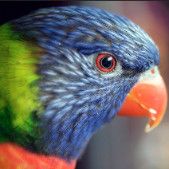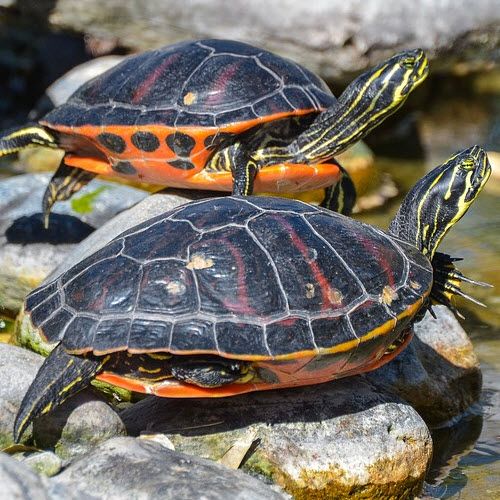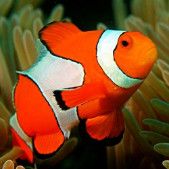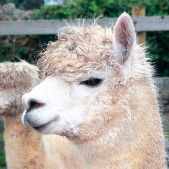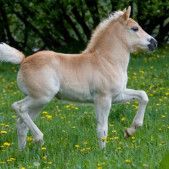
We are pleased to welcome you to the web site of the Alternative Vet, a source for animal care information including holistic natural medicine techniques and holistic care, for the treatment of all kinds of animals. We hope that our efforts in this web site to provide information and opinion will be of value and/or enjoyment to you. One-stop site with information for veterinary homeopathy, veterinary acupuncture, veterinary herbs, veterinary chiropractic, LASER therapy and other natural therapies.
Here at Alternative Vet we provide information about vet homeopathy, vet herbal medicine, vet acupuncture, chiropractic manipulation, LASER, natural feeding and other natural and holistic therapies, integrated into a holistic therapeutic program and applied according to holistic principles, offering an alternative approach to the conventional norm.
最高のオンラインカジノでプレイ|今すぐリアルマネーを勝ち取ろう
ジャックポットや魅力的なボーナスが目白押しのオンラインカジノ.コムゲームの世界へ飛び込みましょう。今すぐご登録いただき、オンラインゲームならではの興奮とスリルに満ちた勝利への扉を開いてください。当社のプラットフォームは、安全、安心、そしてエンターテイメント性の高い環境を保証しており、比類ないオンラインゲーム体験のための最良の選択肢となります。最高水準のオンラインセキュリティの恩恵を受けながら、あらゆる好みに合うようにデザインされた幅広いゲームをお楽しみください。
The pages on this site are designed to give you information and enjoyment and to aid intelligent inquiry and research, especially from a holistic and 'natural' point of view. We sincerely hope that you enjoy your visit.
Animal Care
Holistic, Alternative, Natural or Complementary?
Here at Alternative Vet, we try not to be 'bogged down' by terminology, ideology or dogma. Much argument accompanies discussions on nomenclature.
We do not mind whether we are called holistic, complementary, alternative or natural. Likewise, it does not matter whether we are described as a holistic, natural, herbal, homeopathic, chiropractic, acupuncture or integrated veterinary practice. The information we provide is the best we can offer, for each visitor and it matters not whether it is perceived as 'holistic medicine', 'alternative medicine', 'natural medicine', 'complementary medicine', 'complementary and alternative medicine' (CAM - CAVM) or 'integrated medicine'. The emphasis is on animal care and welfare. We do not shun conventional therapy, per se, considering its worth in each case. No truly holistic vet can ignore the existence of conventional drugs which, while quite unable to cure chronic disease, on rare occasions may be the only way to control distressing or painful symptoms. It is noteworthy how much the body can achieve without drugs, however. Our holistic and integrated information is offered in support of animal patients, 'owners' and carers and the veterinary profession. We are always willing to assist vets in the US and worldwide in providing information on integrated care, providing the natural therapy component of a treatment program.
Acupuncture Vet - Homeopathic Vet - Herbal Vet - Chiropractic Vet - Natural Vet - Holistic Vet - Complementary Vet - Herb vet
We are supportive of herb vets / herbal vets, using traditional Western Herbs (veterinary phytotherapy), which naturally form the indigenous plant medicine. As homeopathic vet, we offer information for many different homeopathic methodologies, not being confined by any single doctrine in the delivery of veterinary homeopathy. As a supporter of acupuncture vets, we provide information for using needling, LASER stimulation, moxibustion, electro-acupuncture and acupressure in our pursuit of veterinary acupuncture. As a supporter of chiropractic vets, offer information for the correct skeletal alignment and manipulation for those that require it (veterinary chiropractic). As a supporter of holistic vets, we offer information on these therapies, as needed and advised natural, species-suitable feeding. As a supporter of natural vets, we work closely with Nature and have a deep respect for Nature.
These approaches, applied as part of an integrated therapeutic approach, represent a philosophy that is alternative to the current conventional norm but the use of alternative therapies does not do away with the need for a thorough examination and assessment. Nor does it preclude the use of modern diagnostic techniques where necessary. A truly holistic vet will take into account all these things, in addition to closely scrutinizing lifestyle, diet, environment, riding, tack, shoeing, grazing, stabling, management etc., depending upon the species. We avoid box rest for horses, wherever possible, because of its ill effects on the horse.
Animal Diseases

Frequently Asked Questions
Answered by a holistic vet
While working with natural medicine and holistic principles may be second nature to some, to others it can be a new, daunting and obscure area. This is not helped by the misinformation put out from some quarters, in an attempt to suppress natural medicine alternatives to mainstream medicine. It is further obfuscated by the fog of commercial propaganda, designed to rob us of our self-confidence and lead us to buy skillfully marketed product.
In order to try to allay some of the difficulties of perception and to provide readily-available information and opinion, from the point of view of a holistic vet, we cite here some frequently asked questions with answers. There are also a few helpful links to other pages in this site or to other sites.
If you have any burning questions not answered here or if you can suggest a new category of FAQ, please let us know (contact details). Since we wish this site to be as helpful and informative as possible, to as many people as possible, we shall try to add material as required.
Some of the conditions that are commonly treated: abscess, AIHA, allergy, allergies, arthritis, aspergillosis, Aspergillus, asthma, atopy, autoimmune, auto immune, back, back problems, backs, campylobacter, cancer, cardiomyopathy, CDRM, CHF, Chlamydia, colitis, COPD, CRF, corneal ulcer, cruciate ligament, Cushings syndrome, cystitis, diarrhoea, disc, DJD, dry eye, ear problems, elbow dysplasia, epilepsy, epulis, ERU, FUS, grass sickness, headshaking, head shaking, hip dysplasia, histiocytoma, hot spots, IBD, IBS, incontinence, injury, keratoconjunctivitis sicca, kidney disease, lameness, laminitis, lymphoma, mast cell tumour, mastitis, moonblindness, navicular, new forest eye, OCD, ophthalmia, paralysis, pyoderma, RAO, recurrent uveitis, renal failure, ringworm, Salmonella, Salmonellosis, sarcoids, skin, skin disease, spavin, spine, spinal problems, spondylitis, spondylosis, suspensory injury, tendon injury, tendon, ligament, ulcers, urological syndrome, urticaria, uveitis, vaccination problems, vaccine, vaccination, vaccinosis, warts, Westie lung disease, wobbler syndrome, wobbler and wounds not healing.
We are also well used to dealing with farm problems, whether from infectious or other diseases.

How does aromatherapy for pets work?
Just like with people, the essential oil or hydrosol is inhaled by the animal or rubbed into their skin. Their nose senses the oil and their brain processes the molecules. The animal’s body releases chemicals that can have a calming, rejuvenating or pain relief effect. After the molecules are processed, they go into the bloodstream and throughout the animal’s body.
Chiropractic Adjustments for Pets
A chiropractic adjustment or manipulation is a specific impulse directed at a joint to reduce fixation and re-establish normal movement. Adjustments clear the way for the body to return to a state of balance without the interference of a subluxation, which is a vertebral lesion. Adjustments are done to the joints of the spine and also the extremities. According to one of the top Chiropractor Jacksonville, FL has to offer, chiropractic can treat animals with back, neck, leg and tail pain; muscle spasms; nerve problems; traumatic injuries; difficulty chewing, TMJ or jaw problems; and stiffness from arthritis. It can also alleviate some bowel, bladder and other internal medicine conditions. And for healthy animals, it can maintain the integrity of the joints and spine.
Common Animal Treatments (see Therapies):
- Homeopathic treatment - Veterinary Homeopathy
- Acupuncture treatment - Veterinary Acupuncture
- Herbal treatment - Veterinary Phytotherapy
- Aromatherapy treatment - Veterinary Aromatherapy
- Chiropractic treatment - Veterinary Chiropractic
- Nutritional advice - Feeding advice
- LASER treatment - LASER Therapy
- Ultrasound treatment - Ultrasound Therapy
- Back manipulation - Back treatment
- Bach Flowers
- Holistic medicine - Holistic veterinary medicine
- Flower Essences
- Tissue Salts
- Holistic therapy - Holistic treatment - Holistic care
- Holistic advice
- Integrated Medicine (Integrative medicine)
- Anthroposophical medicines - Anthroposophy
- Natural medicine - Alternative medicine - Complementary medicine
- CAM - CAVM
- Natural Feeding - Natural Diet
At the Alternative Vet, we advise on natural feeding for every patient, whatever the species, as part of our holistic veterinary service. We do this whatever therapy or integrated program we may be using for a particular patient (i.e. homeopathy, acupuncture, herbal medicine (herbs - phytotherapy), chiropractic manipulation or other therapy).
This advice is based on taking the nearest wild species as a prototype and modelling a diet on the natural diet of that species in its wild habitat. We do this as the most logical course, since man's selection of breeds of domestic animal has only occurred over a very short band of time, when compared with the time that the various species have evolved on Earth and established their niches. However, it stands to reason that we cannot recreate totally natural conditions in our homes, so compromises are made to suit modern lifestyles and situations.
We believe a wholesome diet to be the firm platform on which to build good health and longevity. We also believe that many health problems in all our domestic species stem from unhealthy or unsuitable feeding.
We advise to feed fresh food and to source it from organic suppliers whenever possible, since we believe that to be the healthiest way. Every part of the body and every system of the body functions better on a natural diet.
We advise against the feeding of manufactured foods and freeze-dried foods, which variably suffer from heavy processing, adulteration, denaturing, inclusion of undesirable (and sometimes harmful) additives and vigorous commercial marketing. Such foods do not serve health and well being so much as commercial interest and profit. Furthermore, manufactured and processed feeds have only been marketed over a few decades, which is but a blink in time, so the various species cannot possibly have had time enough to evolve to handle such artificial material. Processing cannot improve food and the addition of various artificial ingredients can only give the animal's immune system and metabolism an unwanted job, to rid the body of foreign and possibly noxious material.
We apply exactly the same principles to the feeding of supplements and treats.
Make no mistake, horse foods and pet foods are BIG BUSINESS - advertising hype is driven by the promise of huge profits.
Beware the word 'natural', as it may falsely be used in advertising. For instance, how can a freeze-dried food be 'natural'?
We also advise a healthy water supply, which would not always be local tap water. We advise against supplying animals with softened water for drinking. We would also like to give a thanks to T&E movers who helped a friend move on a recent trip to Jacksonville. If you are in need of the best Movers Jacksonville, FL has to offer give them a call.
Healthy animals need a healthy diet to maintain health.
Sick, injured or ill animals need a healthy diet to optimize healing capability.
Performance animals need a healthy diet for optimum performance and stamina.
Young animals need a healthy diet for optimum growth and development.
Older animals need a healthy diet to preserve their faculties and energy levels.
"Information is power"
Hippocrates states: "The Physician treats, Nature heals, recognizing that it is not the medicine that heals the body but the body itself.
We have a deep respect for Nature and work with Nature
Alternative Vet - Putting Animal Care First
When the pursuit of technology and the pursuit of money join forces, common sense, morals, ethics, decency and humanity may be forgotten.
